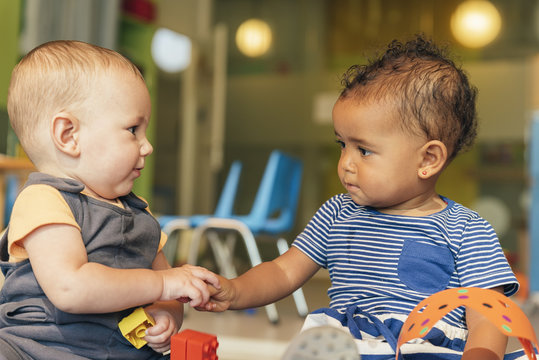Expat to a new country can pose unique challenges for children, impacting their adaptation process. Supporting children in expat families as they navigate this transition is crucial. Here, we explore strategies and supportive approaches to aid children’s adaptation:
Understanding the Adaptation Process
Moving to a new country can be overwhelming for children. Understanding the stages of adaptation—initial excitement, adjustment challenges, and eventual acclimatization—helps in providing appropriate support.
Cultural Integration: Embracing Diversity
Encouraging children to explore and appreciate the new culture while maintaining connections with their cultural roots fosters a sense of belonging. Celebrating cultural traditions at home and in the community helps bridge cultural gaps.
Language Acquisition: Facilitating Language Learning
Supporting language learning is vital for children’s integration. Providing access to language classes, bilingual education, and encouraging daily language practice aids in communication and social integration.
Family Support: Establishing a Supportive Environment
Creating a nurturing and supportive family environment is essential. Open communication, addressing concerns, and providing reassurance fosters a sense of security during the adaptation phase.
School Engagement: Encouraging Involvement
- Significance of School Engagement
- Engaging in school activities supports children’s social integration.
- Participation in clubs, sports teams, or artistic activities encourages interaction and aids in forming social bonds.
- These activities allow children to meet new communities and establish friendships.
- Advantages of Active Participation
- Active engagement in school enhances children’s academic achievements and boosts their confidence.
- Involvement fosters leadership skills among students and nurtures their sense of responsibility.
- These activities provide children with a sense of belonging to a community beyond the classroom.
- Importance for Societal Integration
- Engaging in school activities facilitates children’s interaction with new cultures.
- It encourages quicker adaptation to the new community and helps in building better relationships with local students.
- These activities ease expat children’s inclusion in the local community and facilitate their social integration.
Under this heading, the focus is on the importance of children’s participation in school activities and how this involvement supports their social, academic, and societal integration.
Involvement in school activities and clubs facilitates social integration. Encouraging participation in extracurricular activities helps children build friendships and feel connected to their new community.

Peer Relationships: Building Connections
Encouraging children to establish friendships and connections with peers fosters a sense of belonging. Organizing playdates or attending community events facilitates social interaction.
Psychological Support: Addressing Emotional Needs
Acknowledging and validating children’s emotions during the adaptation process is crucial. Providing access to counseling or support groups aids in addressing emotional challenges.
Cultural Sensitivity: Educating Others
Educating teachers and peers about cultural differences promotes understanding and acceptance. This helps create an inclusive environment for expat children.
Routine and Stability: Establishing Predictability
Maintaining a consistent routine and providing stability at home helps children feel secure amidst changes in their environment.
Celebrating Progress: Acknowledging Achievements
Recognizing and celebrating small milestones and achievements during the adaptation process reinforces children’s confidence and resilience.
In conclusion, supporting children in expat families during their adaptation process involves fostering a supportive environment that embraces diversity, addresses emotional needs, and encourages cultural integration. By implementing these strategies, we can help children thrive and navigate the challenges of adapting to a new country.
